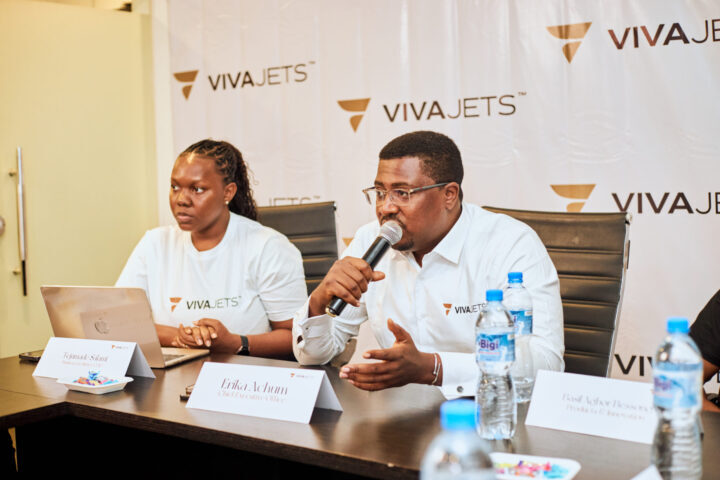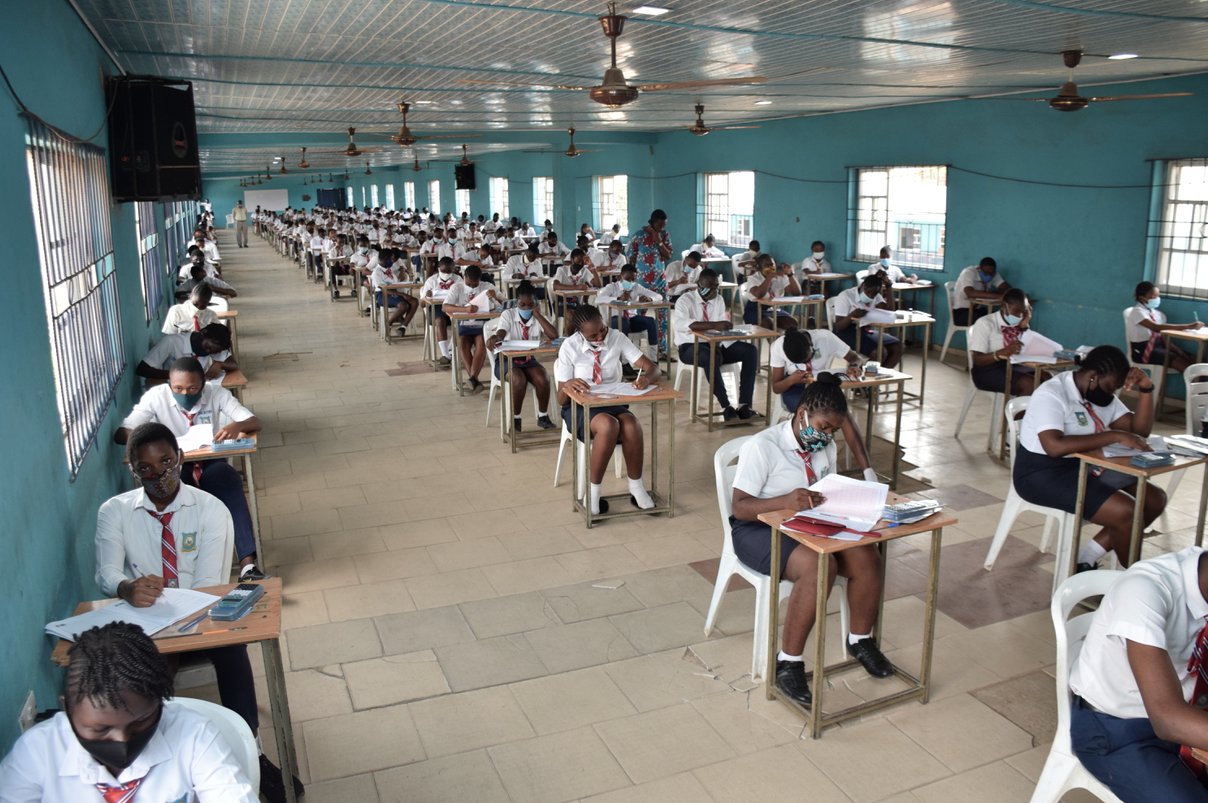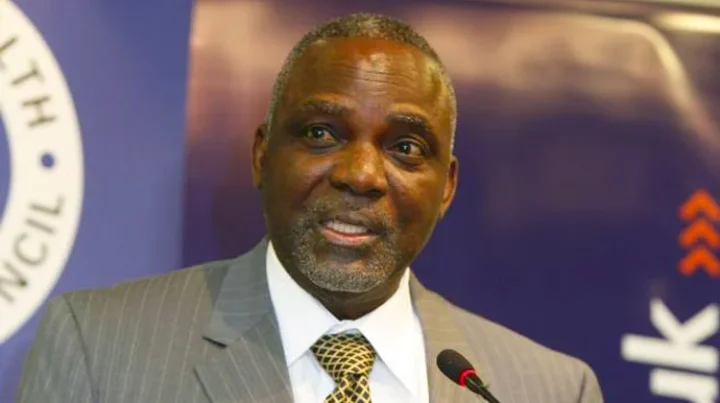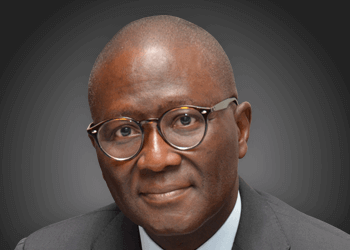Erika Achum, the chief executive officer (CEO) of Viva Jets, says the federal government’s decision to compel domestic airlines to compensate travellers for flight delays and cancellations is long overdue.
Achum took the position on Tuesday, during the launch of Viva Jets — charter service under Falcon Aerospace.
The launch, he said, is part of efforts to promote intra-African trade by bridging the gap in interconnectivity on the continent.
On October 10, the federal government said domestic carriers would soon begin to pay compensation to customers for cancelled or delayed flights.
Advertisement
The development came against the backdrop of incessant flight disruptions by airline operators.
Festus Keyamo, the aviation and aerospace development minister, had argued that the measure is enshrined in the Nigerian Civil Aviation Authority (NCAA) Act.
Tilting toward the industry’s regulation, Achum said there is nothing new about the federal government’s position, noting that implementation has been the problem all along.
Advertisement
“The issue of compensation is actually long overdue. It’s not anything new. We actually have [it in] the civil aviation Act, and also in part 18 of the Nigerian civil aviation regulations, which talks about air transport economics,” he said.
“It’s there, implementation has been an issue, maybe also awareness, because I don’t think a large population of the flying public are quite aware of the fact that they can access this.
“[The] NCAA has a consumer protection unit, which deals specifically with compensations with regards to flight cancellations.”
Achum, however, said the problem is not entirely the fault of airlines, adding that the infrastructural gaps in the country’s airports must be addressed.
Advertisement
“The issues with flight cancellations are not 100% the fault of the airlines because there are issues with infrastructure that need to be addressed as well,” the CEO said.
“I’ll give you an example. There are quite a lot of airlines that operate between 6:15 and 7:30 in the morning, flying from Lagos to Abuja, and they all arrive at the same time.
“Picture a scenario where you have six airplanes arriving at the same time but you only have two conveyor belts working, instantly, those airplanes will have delays. So, there are quite a lot of issues on the path of governments as well.”
‘NEW POLICY ON AIRCRAFT REQUIREMENT MAY AFFECT INVESTMENT IN SECTOR’
Advertisement
Recently, Nigeria’s aviation regulator — the NCAA — increased the number of aircraft requirements from three to six.
The new policy means that local aviation companies (both startups and existing) now need at least six planes to operate in Nigeria.
Advertisement
The federal government hopes that the policy will address lingering problems facing domestic airlines’ operations due to the lack of capacity.
Speaking on the development, Achum said the policy would “reduce the amount of investment going into the aviation sector”.
Advertisement
“If last year you needed a capex of about $15 million to go into an airline business with only three aircraft, this year, you probably are looking at $30 million,” he said.
But Achum noted that the idea behind the regulation is that the NCAA wants to attract only serious participants into the sector.
Advertisement
Add a comment







